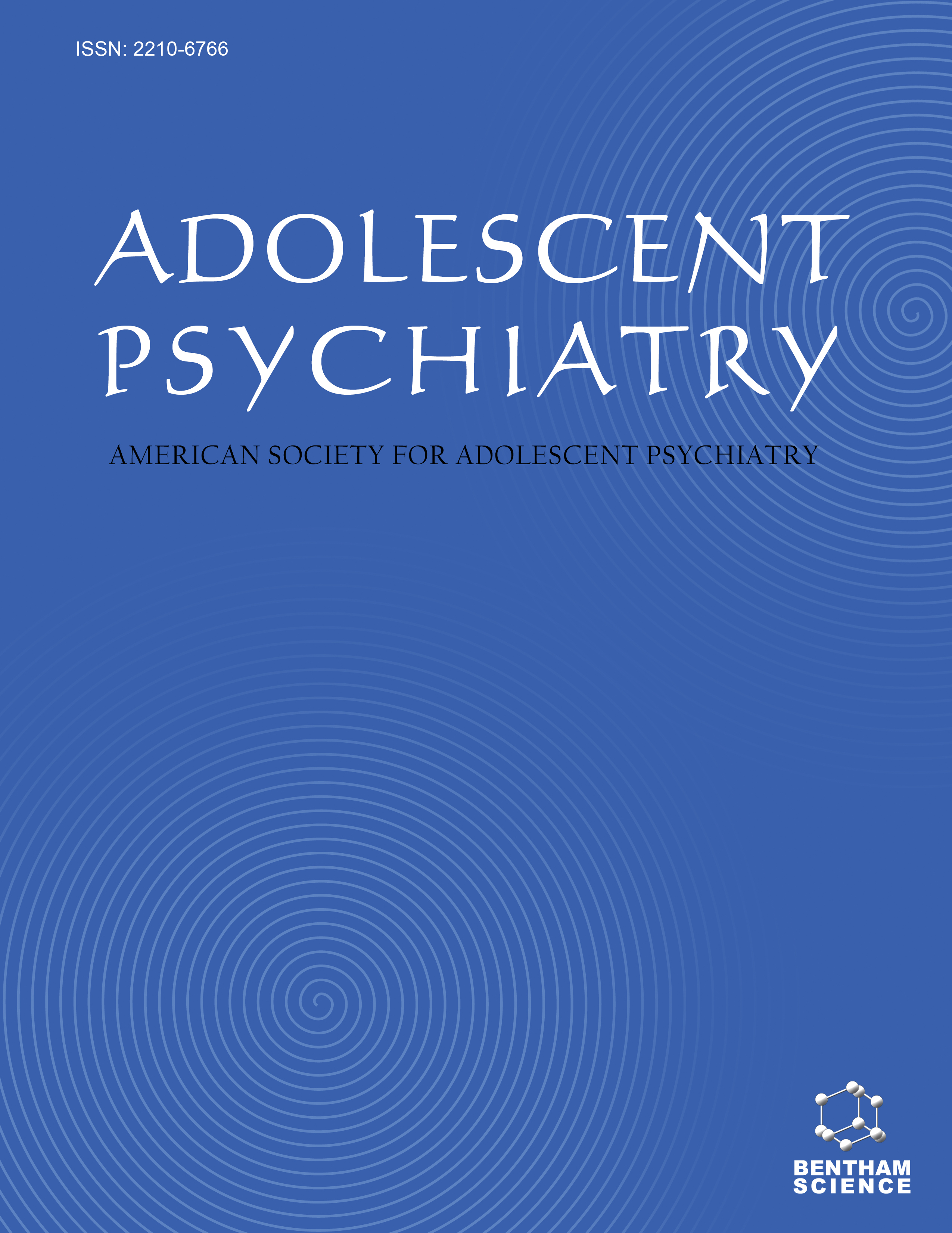
Full text loading...

Studies on mental health rates among primary school children are still limited, particularly related to psychological trauma and its relationship to other mental health challenges. The objective of this study was to (1) examine the prevalence of PTSD, depression, and anxiety symptoms in primary school children before the Covid-19 pandemic; (2) identify the relationship between PTSD, depression and anxiety symptoms; and (3) investigate potential gender differences in PTSD symptoms.
This is the first cross-sectional study examining the rates of trauma exposure, posttraumatic stress disorder (PTSD), depression, and anxiety symptoms in primary school children before the covid-19 pandemic in Malaysia. Two hundred and twenty-one students participated in this study. They were recruited from four primary schools that volunteered to participate in this study. PTSD Checklist for DSM-5 (PCL-5), Child PTSD Symptoms Scale-5 (CPSS-5), The Center for Epidemiologic Studies Depression Scale version (CESD), and the Spence Children's Anxiety Scale (SCAS) were used to survey psychological symptoms.
Most of the students, or 54.3% of them, have experienced at least one traumatic event. Of 221 students, 39.4% reported having PTSD symptoms, 38% reported having depressive symptoms, and 19% reported having anxiety symptoms. Female students were more likely to report PTSD symptoms compared to male students. The first regression analysis model indicated that depressive symptoms were the only significant predictors of PTSD. In the second model, religion, family income, anxiety, and PTSD symptoms were significant predictors of depressive symptoms. In the third model, depressive symptoms were the sole significant predictors of anxiety.
This pre-pandemic timeframe study offers crucial baseline information for understanding mental health conditions and ensures accurate assessment of how the pandemic may have influenced rates of anxiety, depression, and PTSD.
The study reveals that primary school children experience high levels of trauma, PTSD, depression, and anxiety, especially before the COVID-19 pandemic. During the early phases of the pandemic, these mental health issues have been largely neglected in Malaysia, with limited preventative and therapeutic interventions available. Future research should focus on documenting the prevalence of these issues in relation to the COVID-19 pandemic.

Article metrics loading...

Full text loading...
References


Data & Media loading...